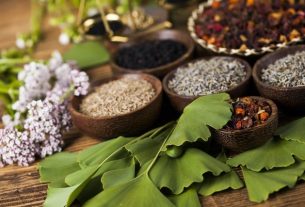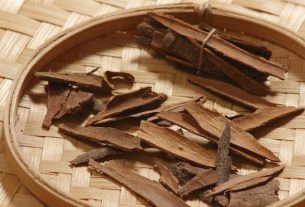Medicines for intestinal infections must be recommended by the doctor according to the intensity of the symptoms and the infectious agent responsible for the infection, and the use of probiotics may be recommended to balance the intestinal flora, or analgesics to alleviate symptoms.
When symptoms are persistent and/or very intense, the doctor may recommend the use of antibiotics or antiparasitics depending on the cause of the infection.
The use of medicines is complemented by home measures, such as rest, hydration and a light, easily digestible diet, as this can promote recovery.

1. Antibiotics
Antibiotics are normally recommended by the doctor when infection by bacteria or parasites is confirmed and when symptoms are very intense or long-lasting, this is because the infectious agent is usually eliminated from the body naturally, and the use of antibiotics can promote microbial resistance. .
Therefore, if recommended, the doctor may advise the use of amoxicillin, ciprofloxacin, doxycycline or metronidazole, which should be used according to the doctor’s instructions. In some cases, depending on the infectious agent, the use of antiparasitic drugs such as albendazole or mebendazole may be recommended. See more about treatment for intestinal infection.
2. Probiotics
Probiotics can be recommended by a doctor with the aim of replenishing the intestinal flora, promoting an increase in the amount of good bacteria and a decrease in the amount of the infectious agent responsible for the symptoms of infection. Therefore, it may be recommended to use Enterogermina, Florax or Floratil, for example, which help to replenish the intestinal flora and make the intestine function normally again. Learn more about probiotics.
3. Painkillers
The use of analgesics, such as Paracetamol or Buscopan, for example, may be recommended by the doctor if the person has abdominal pain and severe headache, as this makes it possible to alleviate symptoms and promote a feeling of well-being.
4. Home remedies
Home remedies for intestinal infections aim to replace minerals lost due to intense diarrhea and vomiting, in addition to promoting hydration. For this reason, oral rehydration is very important and can be done with solutions obtained from the pharmacy or with a homemade serum that can be prepared at home.
Furthermore, to relieve pain and reduce diarrhea, you can drink flavored waters and teas with anti-inflammatory, antispasmodic, antimicrobial and digestive properties that can be easily prepared at home, such as peppermint tea, ginger water and water with lemon for example. See how to prepare home remedies for intestinal infections.
Bibliography
- PUBLIC HEALTH ENGLAND. Recommendations for the Public Health Management of Gastrointestinal Infections 2019: Principles and practice. 2019. Disponível em: <https://assets.publishing.service.gov.uk/government/uploads/system/uploads/attachment_data/file/861382/management_of_gastrointestinal_infections.pdf>. Acesso em 15 fev 2022
- SHANE, A.L.; et al. 2017 Infectious Diseases Society of America Clinical Practice Guidelines for the Diagnosis and Management of Infectious Diarrhea. Clinical Infectious Diseases. 65. 12; e45–e80, 2017

Sign up for our newsletter and stay up to date with exclusive news
that can transform your routine!
Warning: Undefined array key "title" in /home/storelat/public_html/wp-content/plugins/link-whisper-premium/templates/frontend/related-posts.php on line 12
Warning: Undefined array key "title_tag" in /home/storelat/public_html/wp-content/plugins/link-whisper-premium/templates/frontend/related-posts.php on line 13




